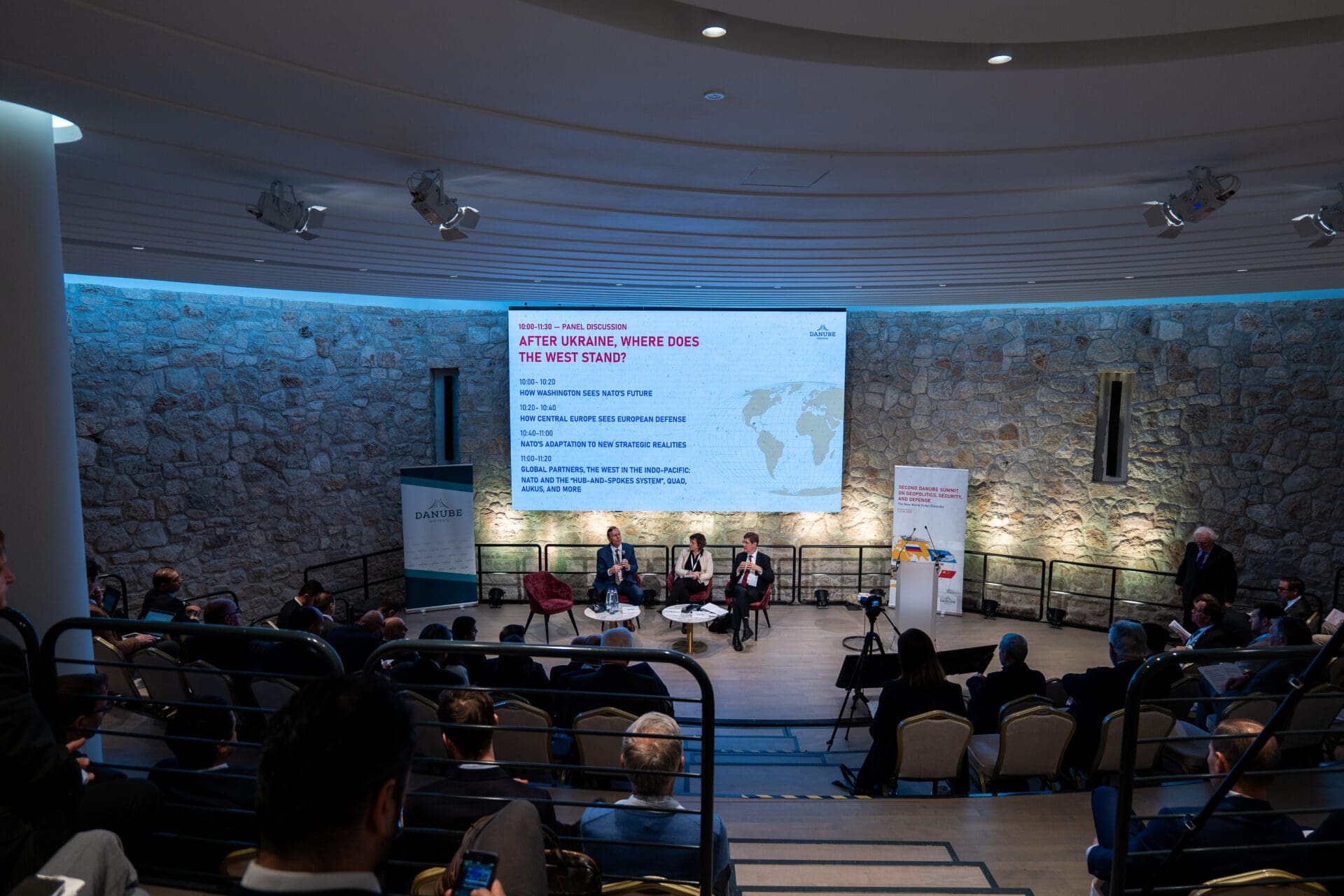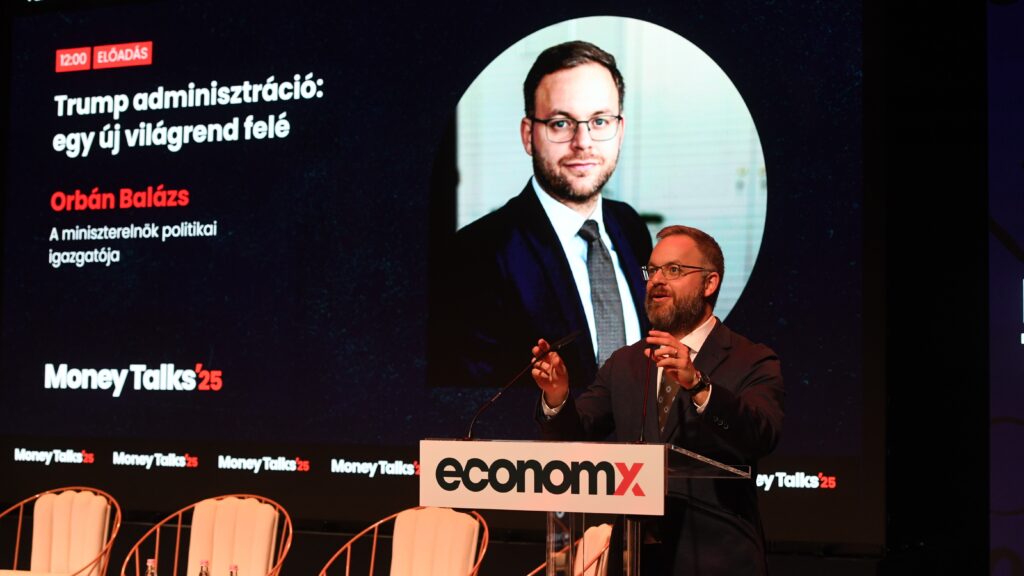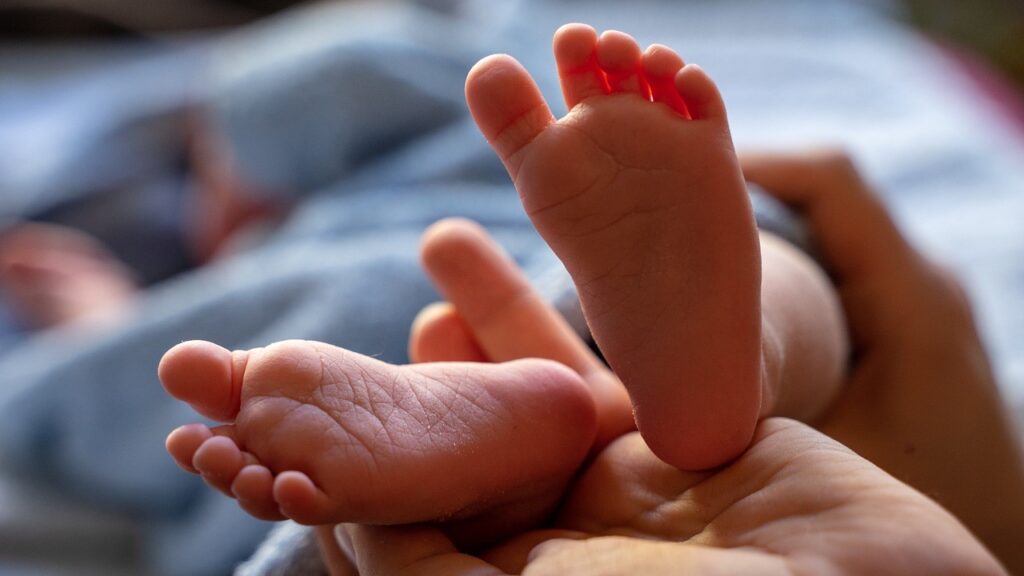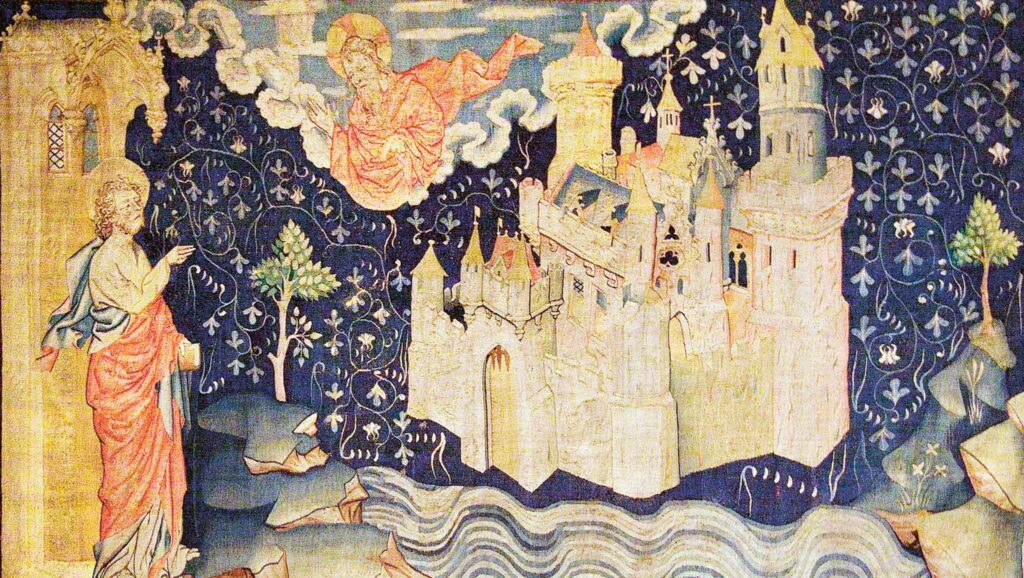On 1–2 December, the Second Danube Summit on Geopolitics, Security and Defense was held at the Golden Bastion Restaurant in the Buda Castle.
The welcome remarks were delivered by John O’Sullivan, President of Danube Institute, who recalled that the first Danube Summit was held just before the Russian invasion started, and the participants even discussed the possibility of it at the event. With the war now a reality, the summit would be focused on revisiting it and talking about the consequences, he noted.
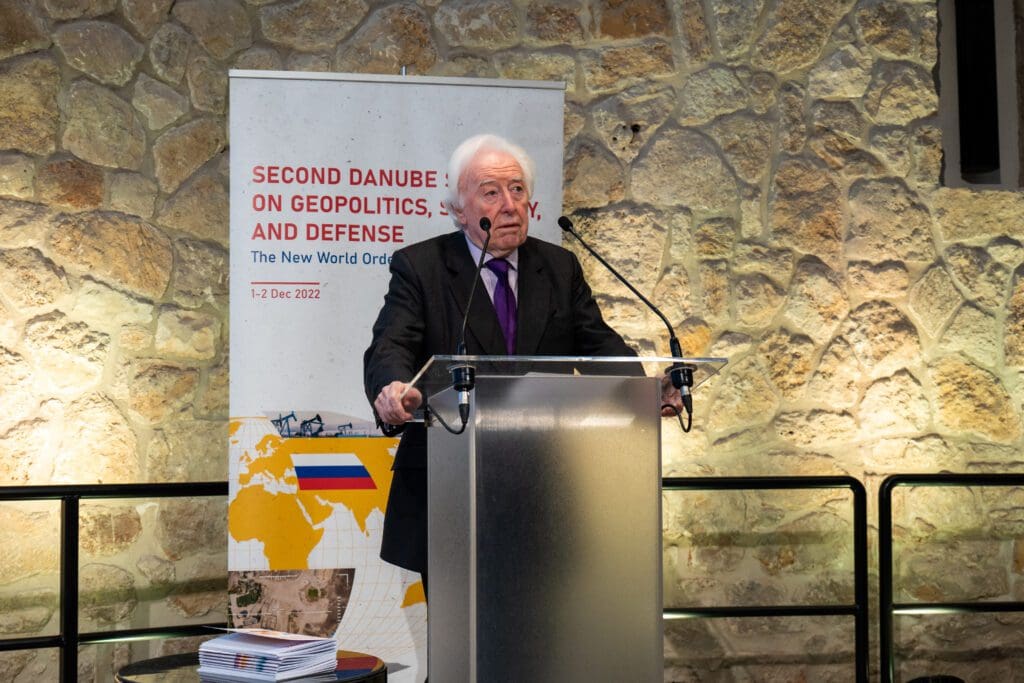
The opening remarks by Krisztina Dóra Varju, deputy state secretary in charge of the development of European relations, and Dezső Tamás, president of the Board of Trustees of the Batthyány Lajos Foundation were followed by a number of insightful lectures and panel discussions.
The first panel’s speakers were John Venable, US air force veteran and senior research fellow at the Heritage Foundation; H.E. Dr Réka Szemerkényi, Senior Advisor, Transatlantic Strategy, International Republican Institute; David Hobbs, CEO of the Atlantic Treaty Association of the United Kingdom and András Bartók, assistant lecturer at the University of Public Service, Hungary. Mr Venable suggested that the Russo-Ukraine war has changed everything in geopolitics, but the fact that the US supports NATO will never change. He noted, however, that the US has a much smaller military presence abroad than it did in the 80’s and 90’s, adding that in his view, the military reserves of the United States are running out and they are not replenished fast enough, especially now that equipment, weapons and munitions are being continually provided for different belligerents over the world.
Ambassador Szemerkényi discussed European defence, noting that individual countries’ current defence strategies may be built on different premises and antecedents, but all countries engage in thorough strategic analysis. In terms of foreign politics,
in her view Europe is shifting more towards the transatlantic relationship and a large framework of cooperation is being built.
Hobbs discussed how NATO adapts to the new strategic realities. He said that Russia is considered the largest threat currently, highlighting that NATO is essentially a defence alliance and has a defensive military strategy, not an offensive one. That is why investing in defence capabilities is essential, he highlighted, reminding that NATO member states are now attempting to catch up after a long period of underinvestment. NATO has a mindset for security and transatlantic relations, that is why it must ensure that it is brought to the table in negotiations regarding China as well.
Mr Tsargonis compared the war in Ukraine to the Cold War era, suggesting that countries need to focus on risk assessment rather than threat assessment in order to avoid escalation. He suggested that the US does not seem to have a clear goal as to the resolution of the conflict, because there is a lack of strategic thinking.
Václav Klaus
The most anticipated lecture of Day 1 of the Summit was that of Václav Klaus, former Prime Minister and President of the Czech Republic.
Klaus called it a great honour to be given the opportunity to speak in a country that plays a brave and very important role in today’s European ‘brave new world’. He added: ‘I am disappointed that my country—with its current political representation—is not able to do this.’
Klaus opined that it is rather illusory, if not completely wrong, to talk about the reconstruction of the world economy. According to him, especially those with an artificially constructed communist past, must be aware of the perils of this type of ambition. ‘Is the reconstruction of the world economy a meaningful goal? Whose task is it? Who will get the mandate to rebuild the world economy?’ he asked.
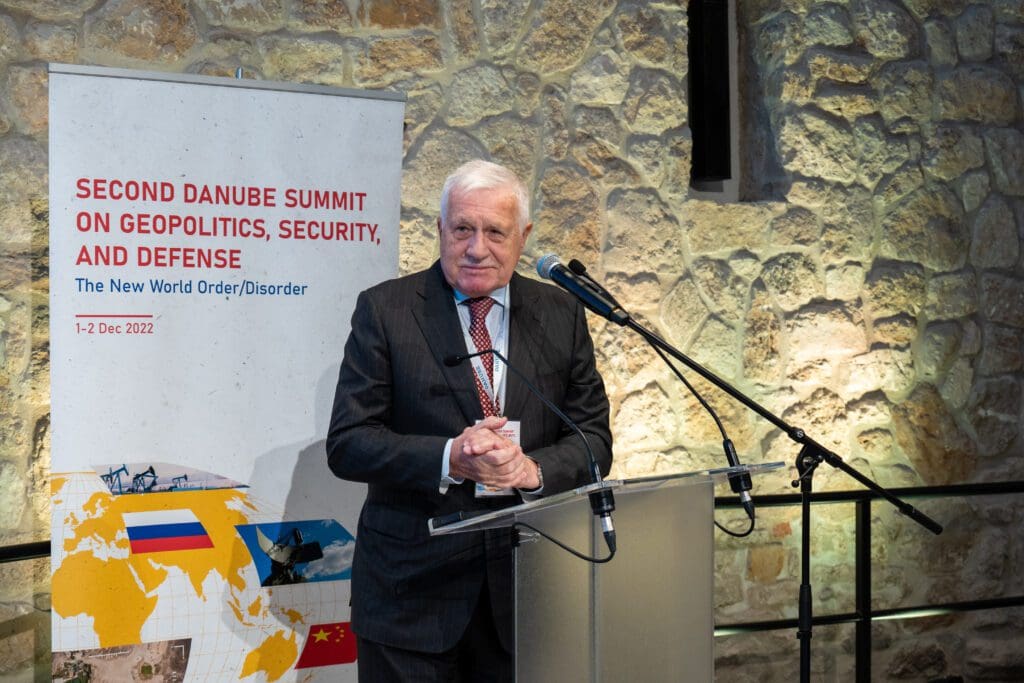
The former president highlighted that the world economy is shifting more and more to the east. He reminded that in the 1990s, the United States and Western Europe contributed almost 70 per cent of the world’s GDP, now it is only 43 per cent. The change is already enormous, and he believes it will continue.
‘When I look at the European economy, strangled by over-regulation, over-taxation, ridiculous green agendas and the intrusive behaviour of the EU bureaucracy, it is clear that Europe cannot grow. It is doomed to stagnation,’ Klaus stated.
He stressed that the different growth rates of the West and the East will not remain without consequences. Such shifts destabilize existing structures and undermine old stability. He added that historical experience shows that such developments have often led to conflicts and wars, as it has already happened and is likely to happen in the foreseeable future. In Klaus’s opinion, Ukraine is just one example of this.
Despite the growth in the East, Klaus said,
there is no reason to expect that China will continue to show rapid expansion in the coming decades as well, which is equally true of the West.
The former president opined that world economic growth and its stability in the long term are not based on science or technology, as he thinks it is irresponsibly promoted by very loud technocrats. Growth and stability, in his view, are much more related to the efficiency and quality of the economic system. In this context, he highlighted in his speech: his main argument is emphasizing the quality of the economic system. And the situation is not very good in this regard, the former president nailed down.
Somewhat similarly to what happened in communist times, the autonomy of the economy has been visibly suppressed in the EU sand in the West in general since the 2008 economic crisis. According to Klaus, the idea of equality is being used—again—as a justification for new forms of political intervention in the economy. Their consequences are no less dangerous than in the past.
The former president explained that green ideology fatally suppresses economic rationality, and consequently the efficiency of the economy. It fundamentally changes the quality of the economic system and undermines economic growth and development. None of today’s politically correct green slogans are defensible on rational grounds, he said, adding that in his view these slogans have no scientific basis.
Klaus concluded that
due to the complexity of technological and supply chains, globalization is reaching its natural limits.
According to him, we should return to the protection of openness, free movement, free trade, and liberalized capital flows, and not just by paying lip service to them, but with actions.
President Klaus was also received by Prime Minister Orbán on 1 December, with whom he discussed the war in Ukraine and the sanctions crisis. Mr Klaus also presented to the Hungarian PM his new book titled Inflation Returning: A Slippery Road to Indebtedness, soon to be published in Hungarian by MCC Press.

